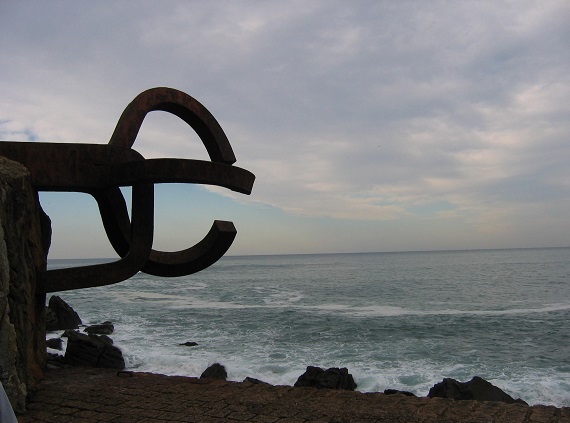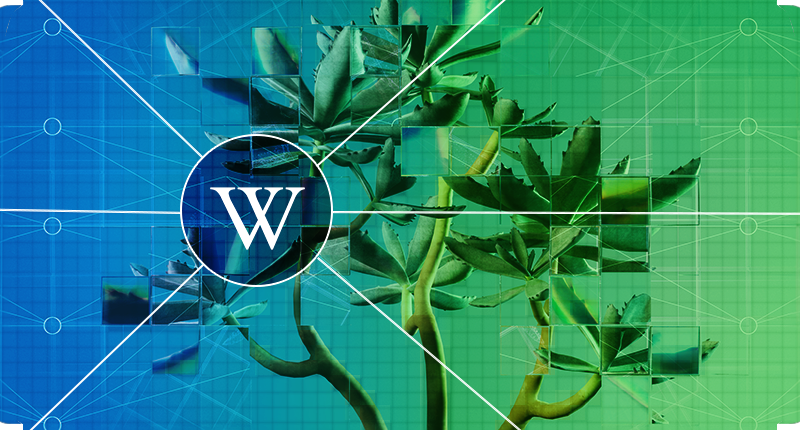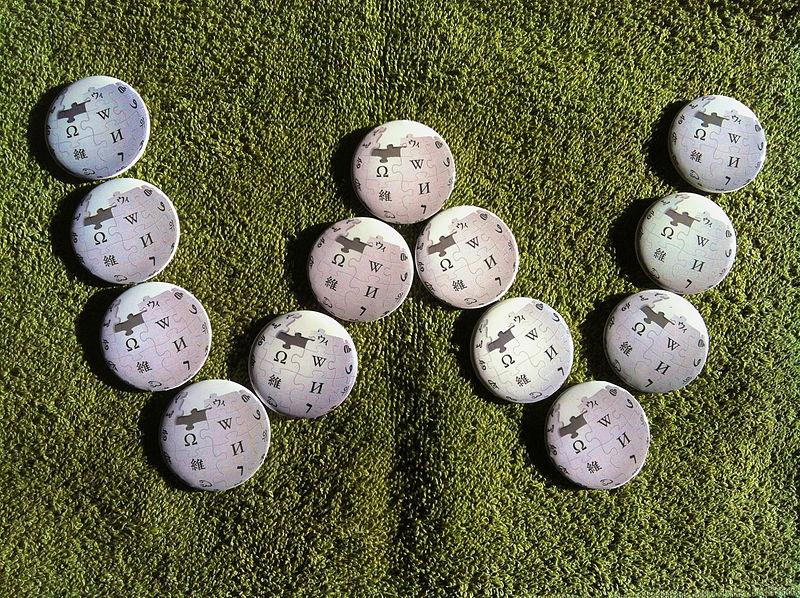The content translation tool makes it easier for Wikipedia editors to translate articles. It has been used to create more than 280,000 translations across Wikipedias in dozens of languages.
For some languages, the tool automatically translates articles for editors, who then can improve the content. These automatic translations are provided by machine translation services. You may have used some of these services from your browser or as translation apps when trying to make sense of a foreign sign, translating a social media comment, or trying to access a website that is not available in your language.
Machine translation services use software to automatically translate a text into another language, in this complex process they may use information about the language structure and vocabulary, a large set of examples of sentences in those languages, machine learning techniques or some combination of these and other approaches.
We recently added support to automatically translate articles from Spanish to Basque using Matxin, an open source translation engine created at the University of the Basque Country. We believe that the integration of Matxin will increase the quality and quantity of material available in the Basque Wikipedia: before Matxin was integrated, about one thousand articles were translated into Basque with the content translation tool. Half of these articles were translated from into Basque from Spanish. Now that the tool is available, editors can automatically translate material from Spanish into Basque using Matxin, which will make it easier for them to add new material to the Basque Wikipedia.
Content translation showing the automatic translation option card (“Itzulpen automatikoa” in Basque) with the Matxin option.
How we partnered with the Matxin team
The content translation tool was designed so that new extensions could be integrated as they became available, allowing the platform to support more automatic translations between languages.
The Matxin integration is one such example, and has been a great partnership between the Matxin team and the Language team from the Wikimedia Foundation. The Matxin team from the University of the Basque Country and Elhuyar Foundation developed a client to integrate their machine translation service in content translation, and contacted the Language team for further guidance. After several iterations of code review, legal review of licenses, and testing, the client was ready for deployment. With this integration, the constant effort of the Matxin team to improve their translation service will be immediately available to Wikipedia editors.
The integration of Matxin respects user privacy and content license: no user data is shared with external services, and the translated content is generated under a free license to enable its integration into Wikipedia. In addition, the results of the translations obtained and the corrections that users made are exposed publicly through our APIs for researchers and developers working on improving these translation services or creating new ones. You can learn more details about the integration of Matxin in content translation.
We are excited by this partnership, and by the idea that our translation platform can be improved and expanded by local communities. Improving translation tools such as content translation helps reduce the language barriers for users to access vital knowledge.
Do you work in the machine translation community? Join us.
We are always open to collaborations with others in the machine translation community. If you are working on a translation service, you can check the documentation on how to integrate new translation services into content translation and contact us on the project’s discussion page.
Pau Giner, Senior User Experience Designer, Audiences Design
Wikimedia Foundation




